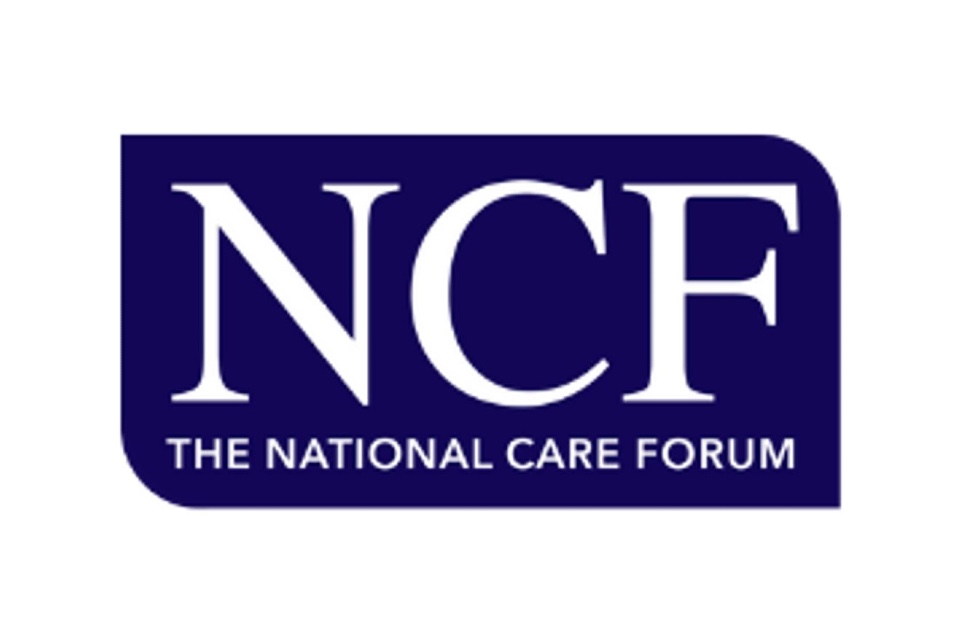With Labour winning the recent general election, Ross Hodgson, a health and social care expert at Unity Plus with over 26 years of industry experience, shares his insights on the current state of standards and regulations within the sector….
Reports show that £8.3 billion is required to keep up with the sector’s growing demand; however, only £4.7 billion has been allocated for the year 24/25. The lack of yearly investment and a regulatory body for agencies impacts the quality of care standards, leading to a greater acceptance of poor practices within the industry.
Hodgson raises concerns over the people being accepted to look after our most vulnerable: “Unfortunately, poor practices are putting people at immediate risk because too many individuals who aren’t adequately equipped to support the most vulnerable members of society are tasked with doing so.”
Unity Plus reveal says agencies can be guilty of undertaking malpractice, including fabricating training records so that individuals not qualified to work with vulnerable people can do so and sending inexperienced staff into care homes where they could potentially put people at risk of serious harm.
Hodgson adds: “One person I’m aware of attempted to work with us and did not have any right to work in the UK. When our team challenged them, they stated other agencies allowed them to work and produced bank statements that showed another agency had paid money directly into their account—not through payroll. I’ve also been informed that individuals registered with an agency send others in their place to complete work in their name. This is incredibly worrying and very telling of our sector’s state and the impact of minimal funding”.
Hodgson comments on what this lack of funding has meant for the industry and the quality of care people receive: “The industry’s focus on recruitment has led to shortcuts, where simply ‘ticking a box’ for e-learning courses becomes the norm to quickly onboard care staff and save costs.
“Unlike other industries increasingly reliant on technology, social care is about empathy, compassion, and genuine care. However, as resources decline, recruitment is shifting towards efficient yet impersonal app-based methods. This eliminates important face-to-face interactions where recruitment managers can assess the values and suitability of candidates.”
Recruitment agencies, often driven by cost rather than quality, heighten these issues. Despite the minimum wage being £11.44 per hour, agencies often pay less, exploiting loopholes while neglecting essential costs like employee training and wellbeing.
According to Hodgson, only when agencies are held accountable for their actions, and care providers can use these ratings as a benchmark for the quality of care they provide, will the poor practices described above be addressed: “We would like to see a regulator form to hold recruitment agencies to the same standards as their care provider counterparts (e.g. Care Quality Commission (CQC) under the Care Act and Health & Social Care Act).
”In the absence of a regulatory body, we call for other like-minded agencies to join us in forming an Association of Health and Social Care Agencies (AHaSCA) where we self-regulate to drive up the quality of people who work in agencies and reduce the risks to those in our care of poor practices.”
Hodgson adds: “Whilst general elections always present an opportunity for the public to press for real policy change, at this election, there is little evidence that any significant changes will result in the sector. In light of this, it’s disheartening to say that a lack of regulation of employment agencies will result in continued poor practices, putting people at risk. Without leading sector members taking control of the situation and setting up a self-regulatory body, such practices will continue.”







